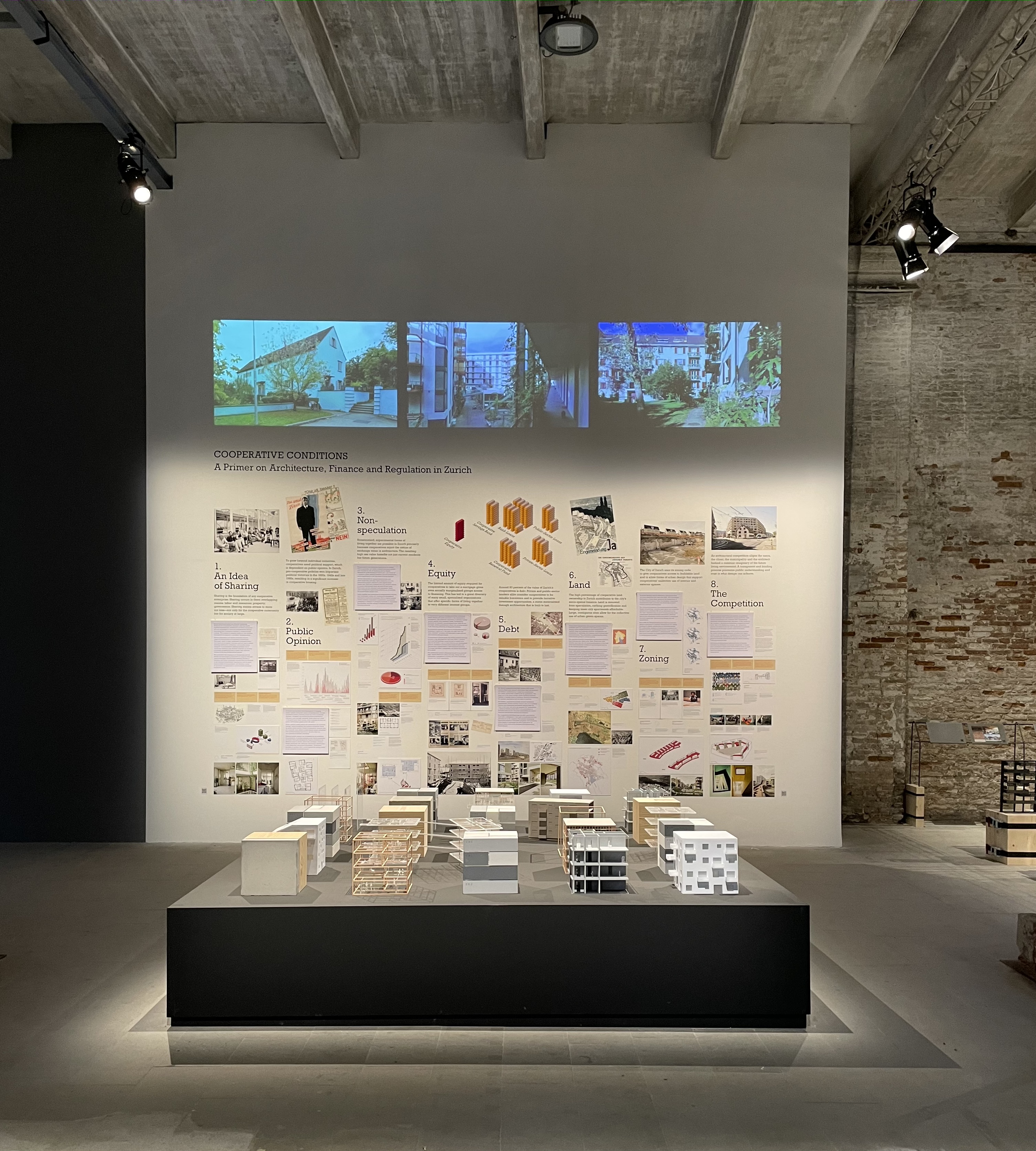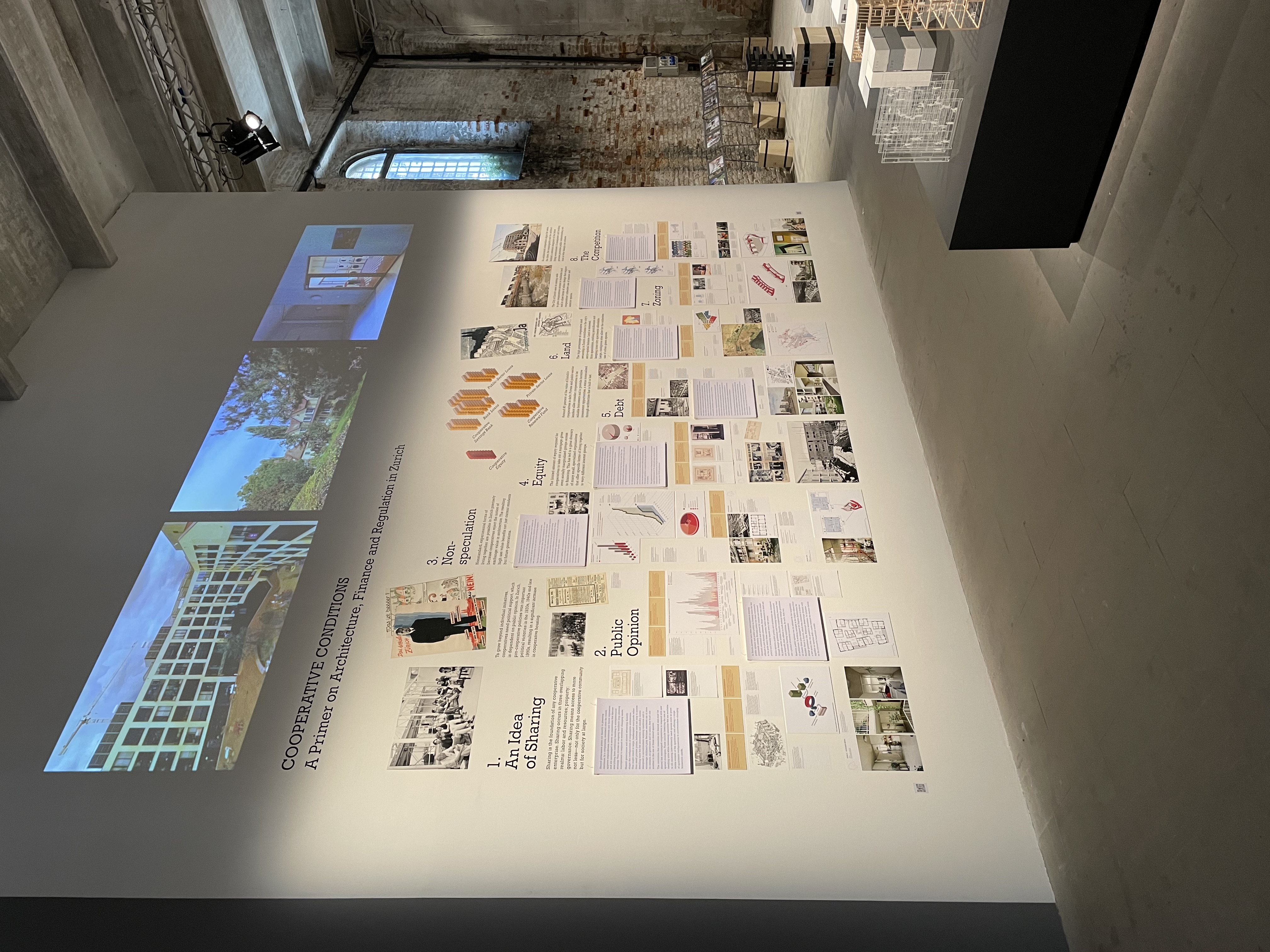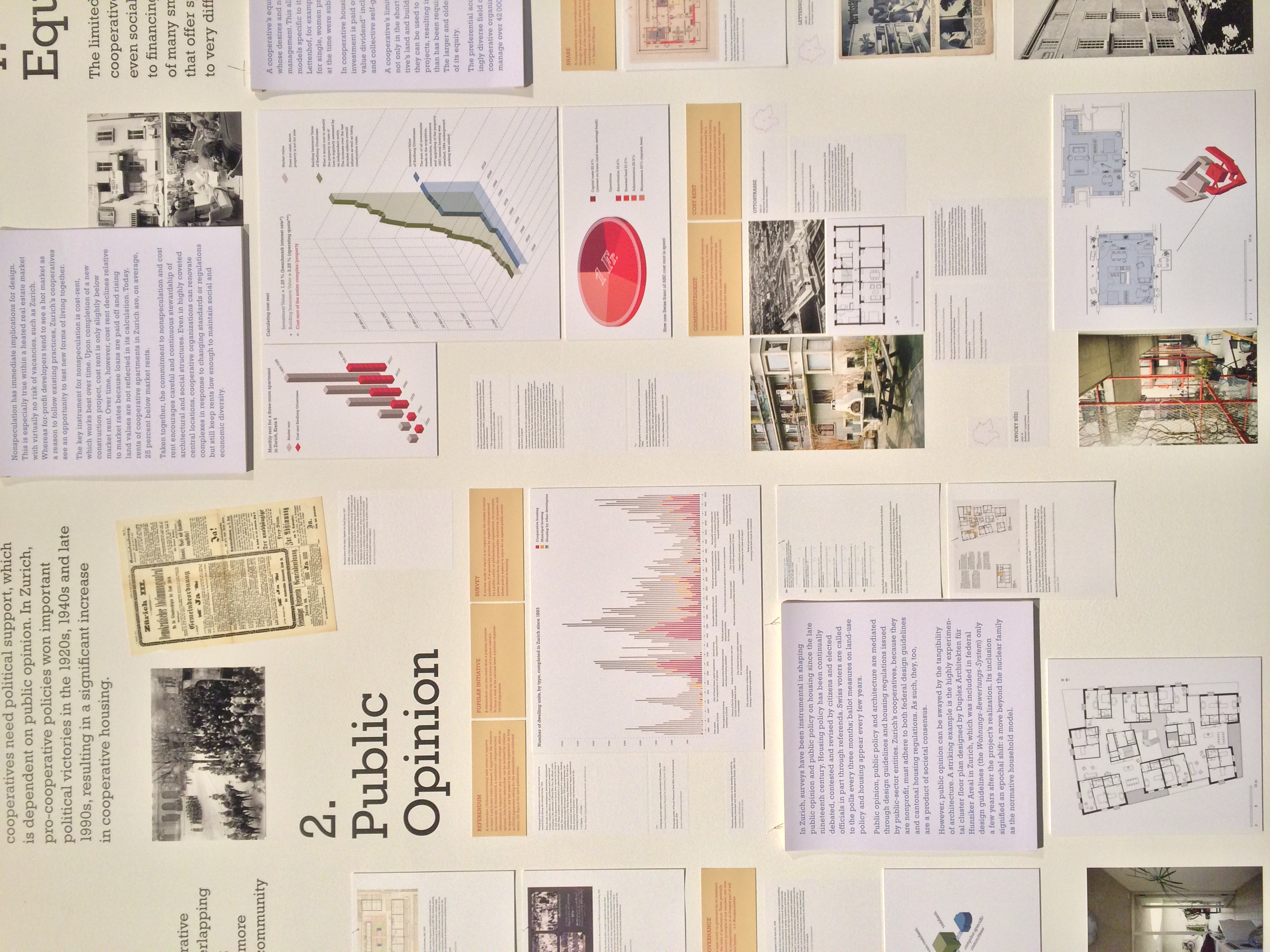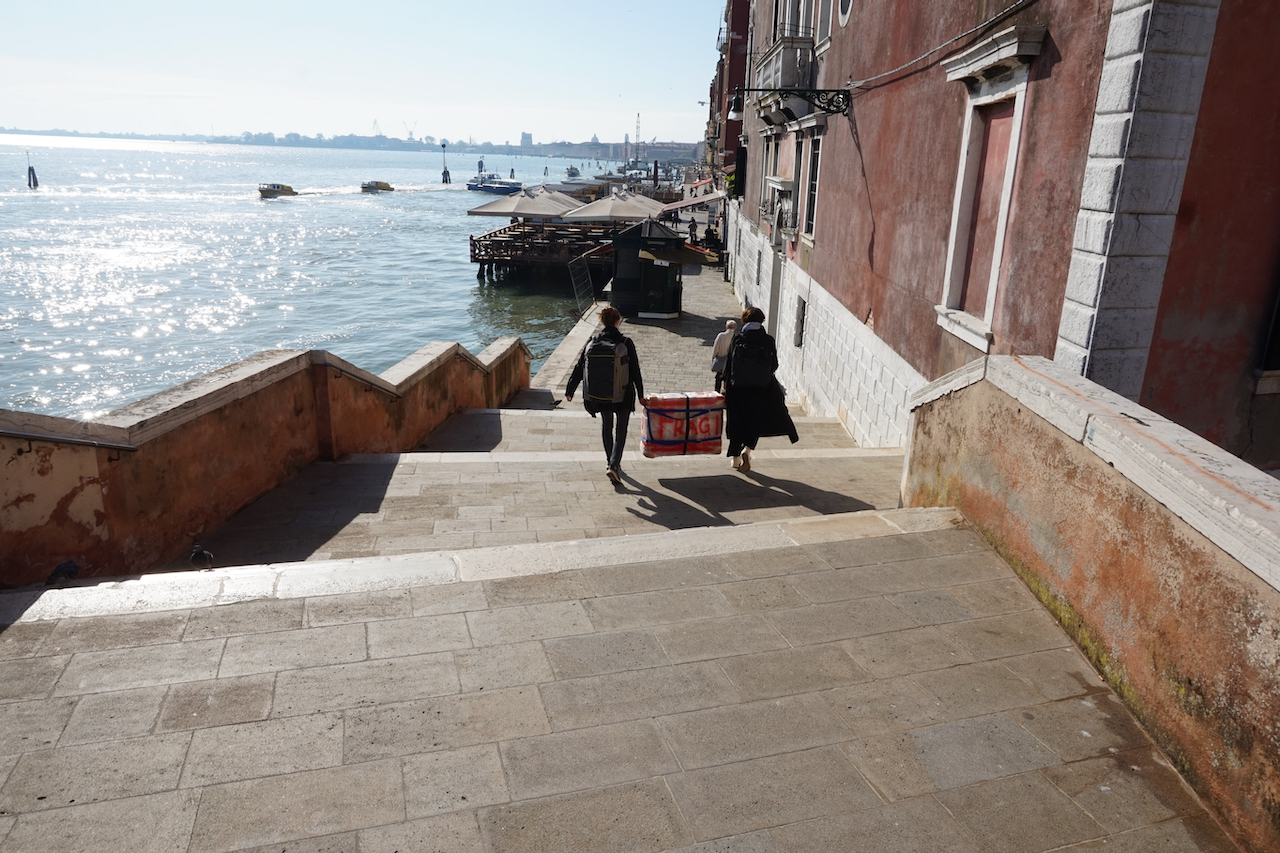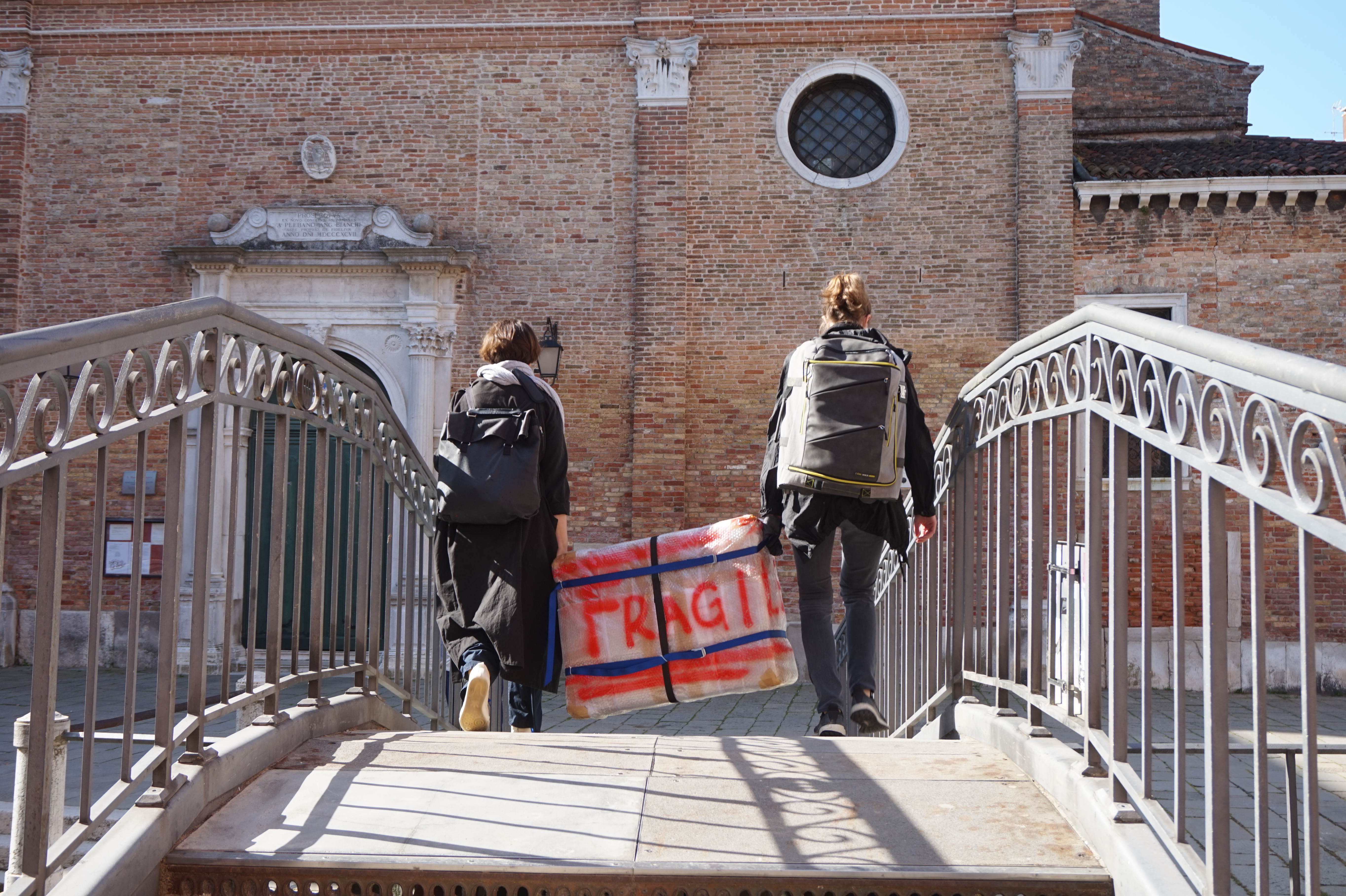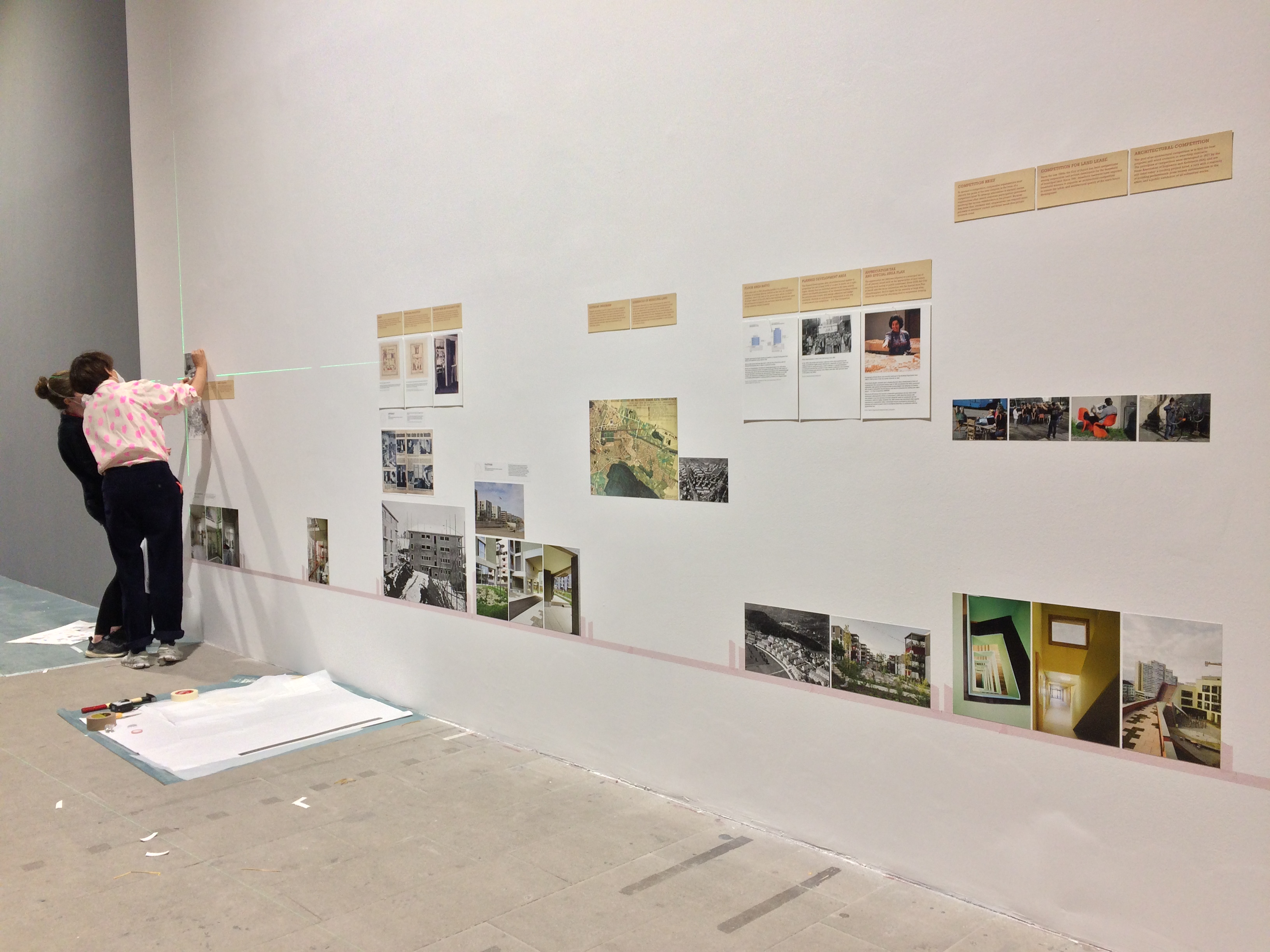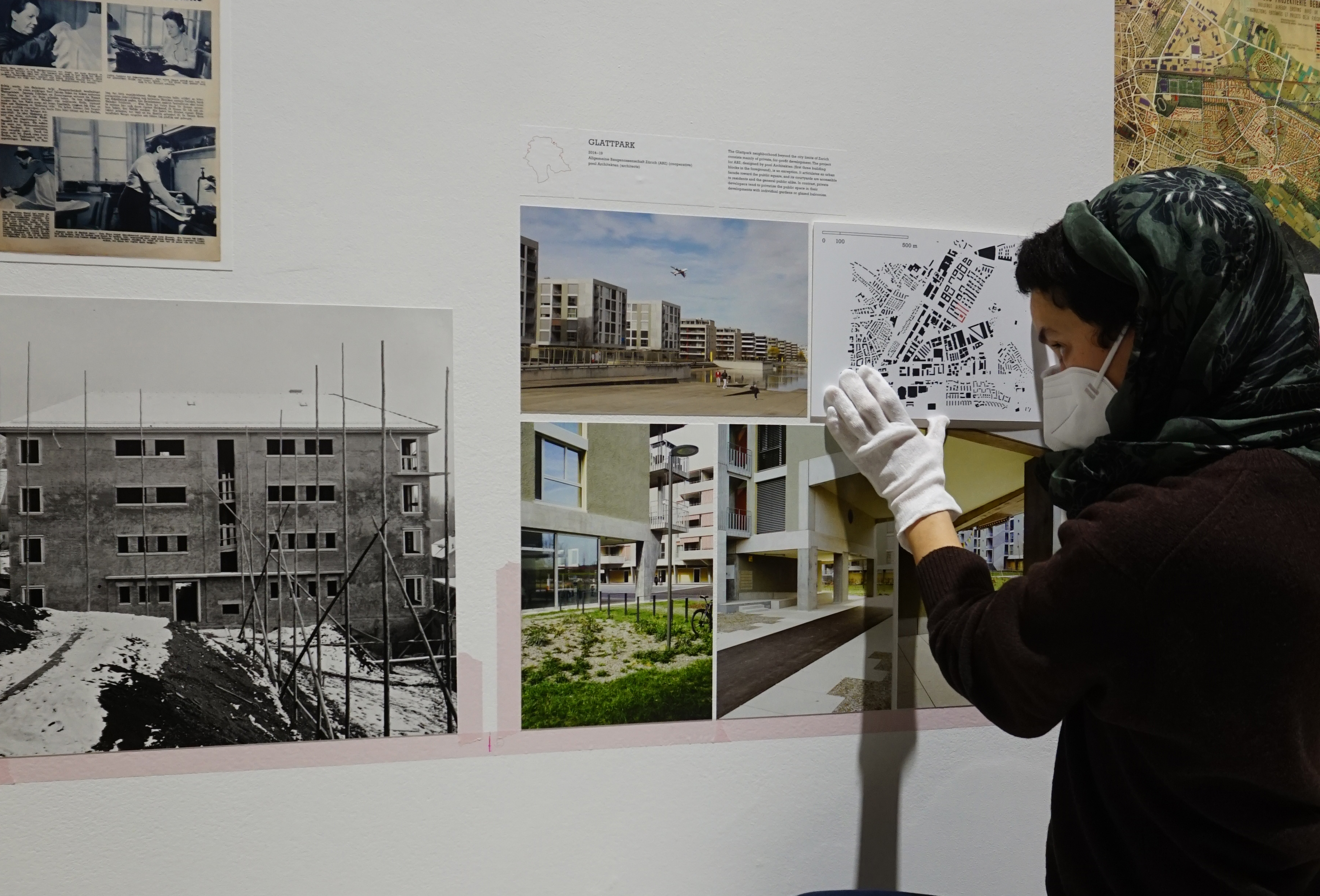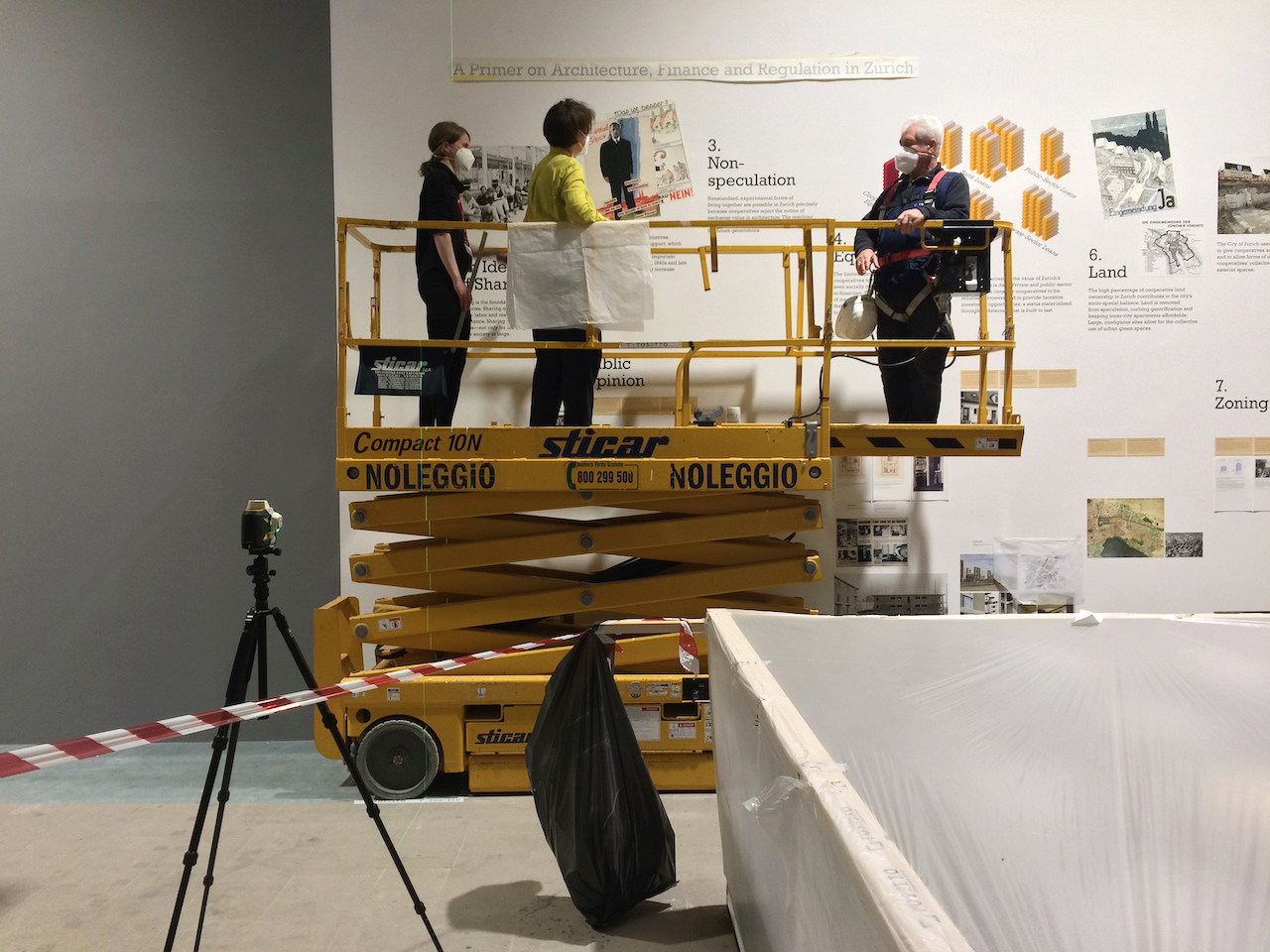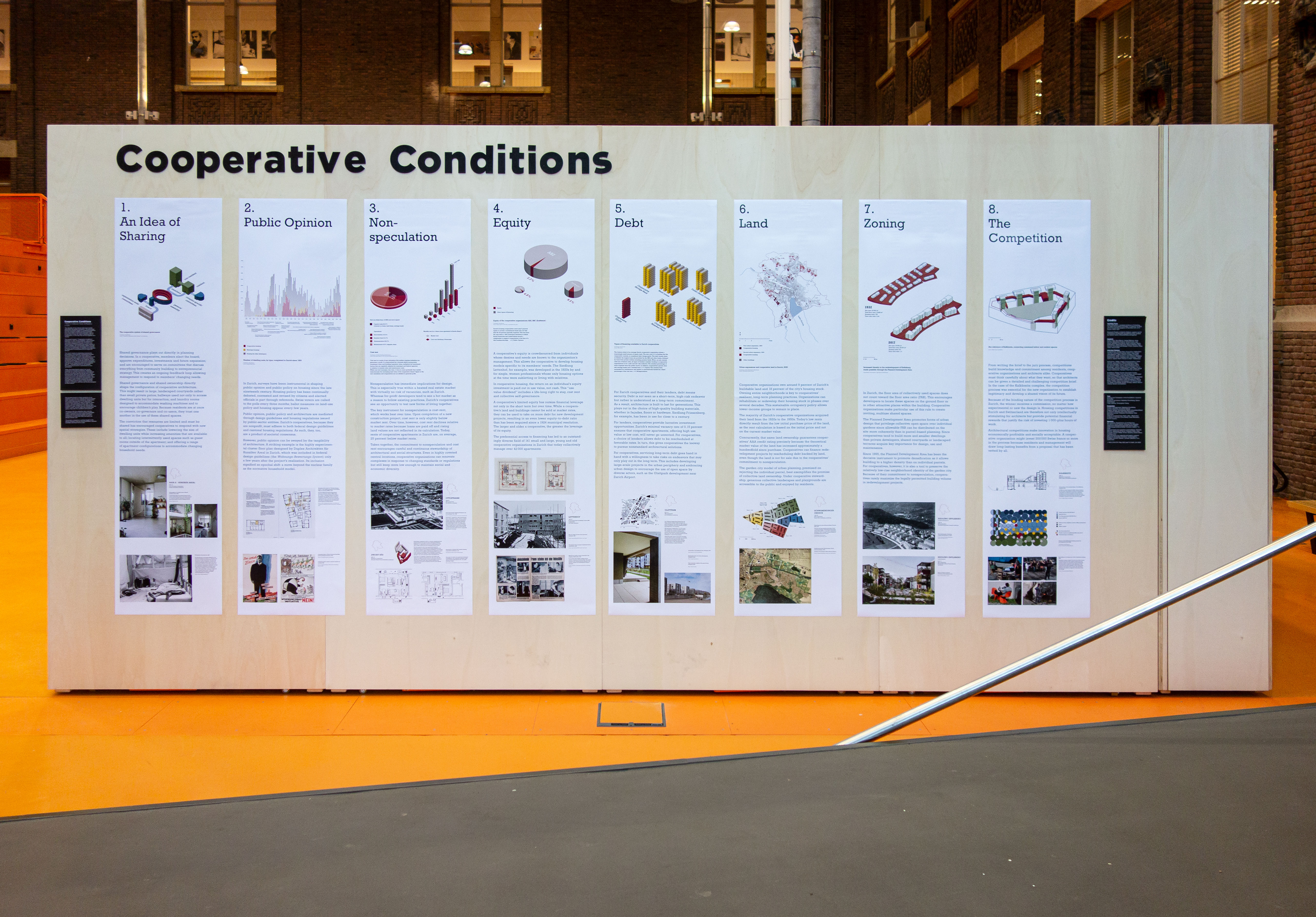2. Public Opinion
To grow beyond individual initiatives, cooperatives need political support, which is dependent on public opinion. In Zurich, pro-cooperative policies won important political victories in the 1920s, 1940s and late 1990s, resulting in a significant increase in cooperative housing.
Agency
Instruments
Documents

 Agency
Agency
In Zurich, surveys have been instrumental in shaping public opinion and public policy on housing since the late nineteenth century. Housing policy has been continually debated, contested and revised by citizens and elected officials in part through referenda. Swiss voters are called to the polls every three months; ballot measures on land-use policy and housing appear every few years.
Public opinion, public policy and architecture are mediated through design guidelines and housing regulations issued by public-sector entities. Zurich’s cooperatives, because they are nonprofit, must adhere to both federal design guidelines and cantonal housing regulations. As such, they, too, are a product of societal consensus.
However, public opinion can be swayed by the tangibility of architecture. A striking example is the highly experimental cluster floor plan designed by Duplex Architekten für Hunziker Areal in Zurich, which was included in federal design guidelines (the Wohnungs-Bewertungs-System) only a few years after the project’s realization. Its inclusion signified an epochal shift: a move beyond the nuclear family as the normative household model.
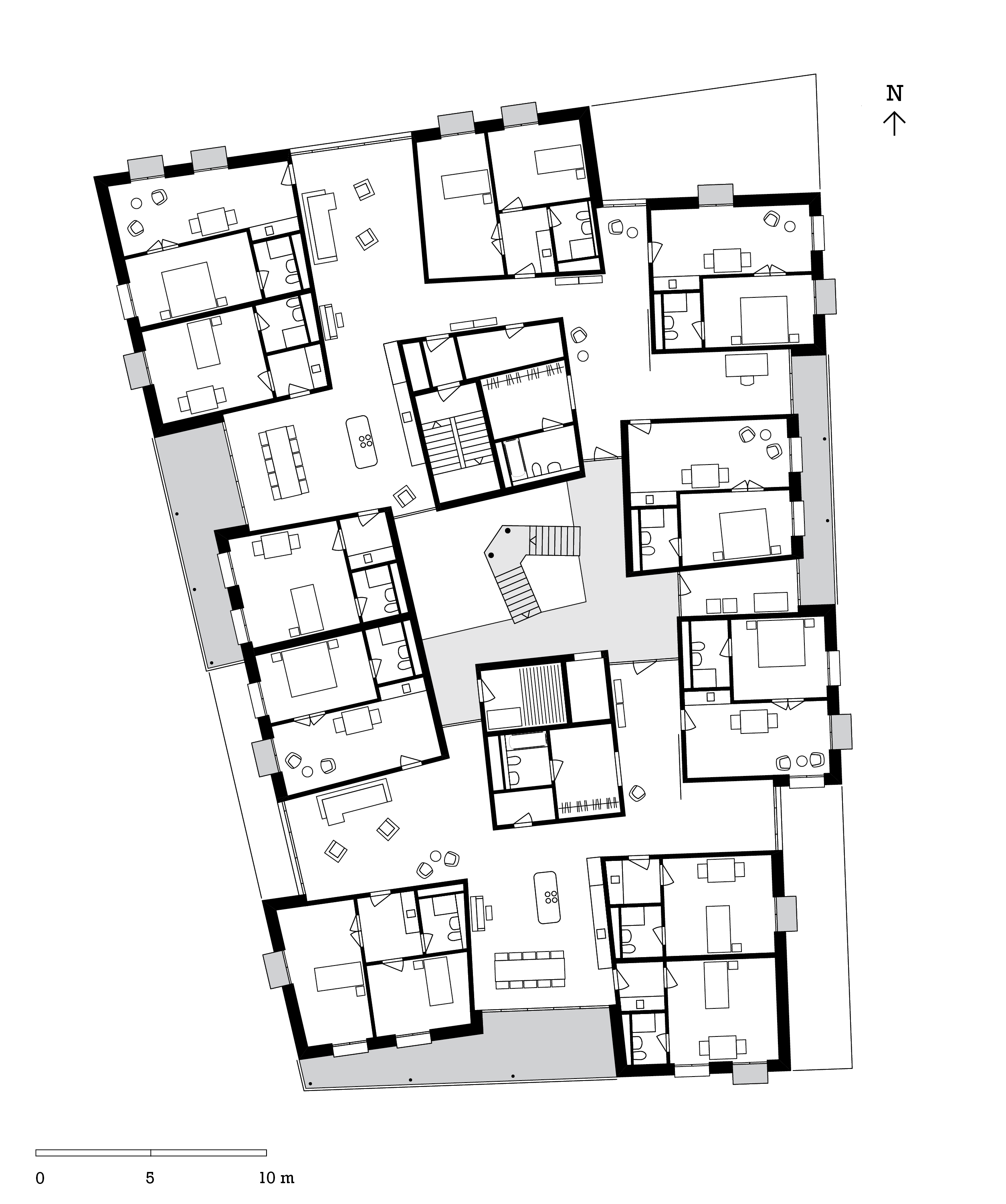
mehr als wohnen (cooperative) · Duplex Architekten (architects)
Plan courtesy of Duplex Architekten

 Instruments
Instruments
Referendum
A referendum (Volksabstimmung) asks voters to approve or reject a particular ballot measure; if approved, the measure becomes law. In Switzerland, a mandatory (obligatorisches) referendum is required for any constitutional change, while an optional (fakultatives) referendum can be initiated by citizens in opposition to any law passed by the Swiss legislature (so long as 50 000 signatures asking for the referendum are collected within 100 days of the law’s publication).
Popular Initiative
A referendum (Volksinitiative) can also result from a popular initiative on any matter of common concern. To force a vote at the national level, a petition requires 100 000 signatures.
Survey
A survey, study or report is an inquiry into the causes of social problems. It is generally written by experts commissioned by a public entity or philanthropic organization. Its normative power derives from the presumable objectivity of science and allows policy makers to argue for or against public-sector involvement in housing.
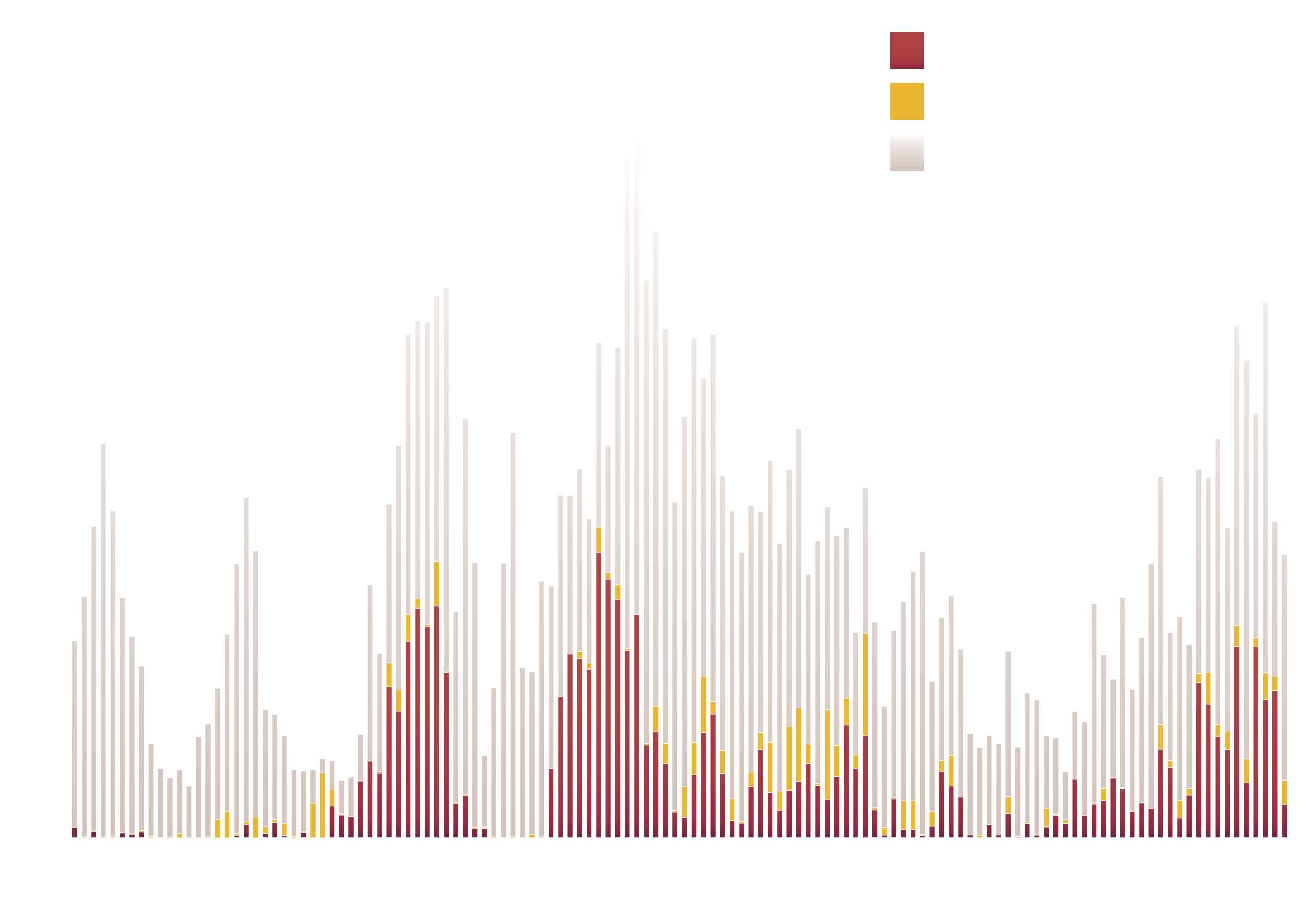
Visualization: Monobloque
Source: Statistik Stadt Zürich

 Documents
Documents
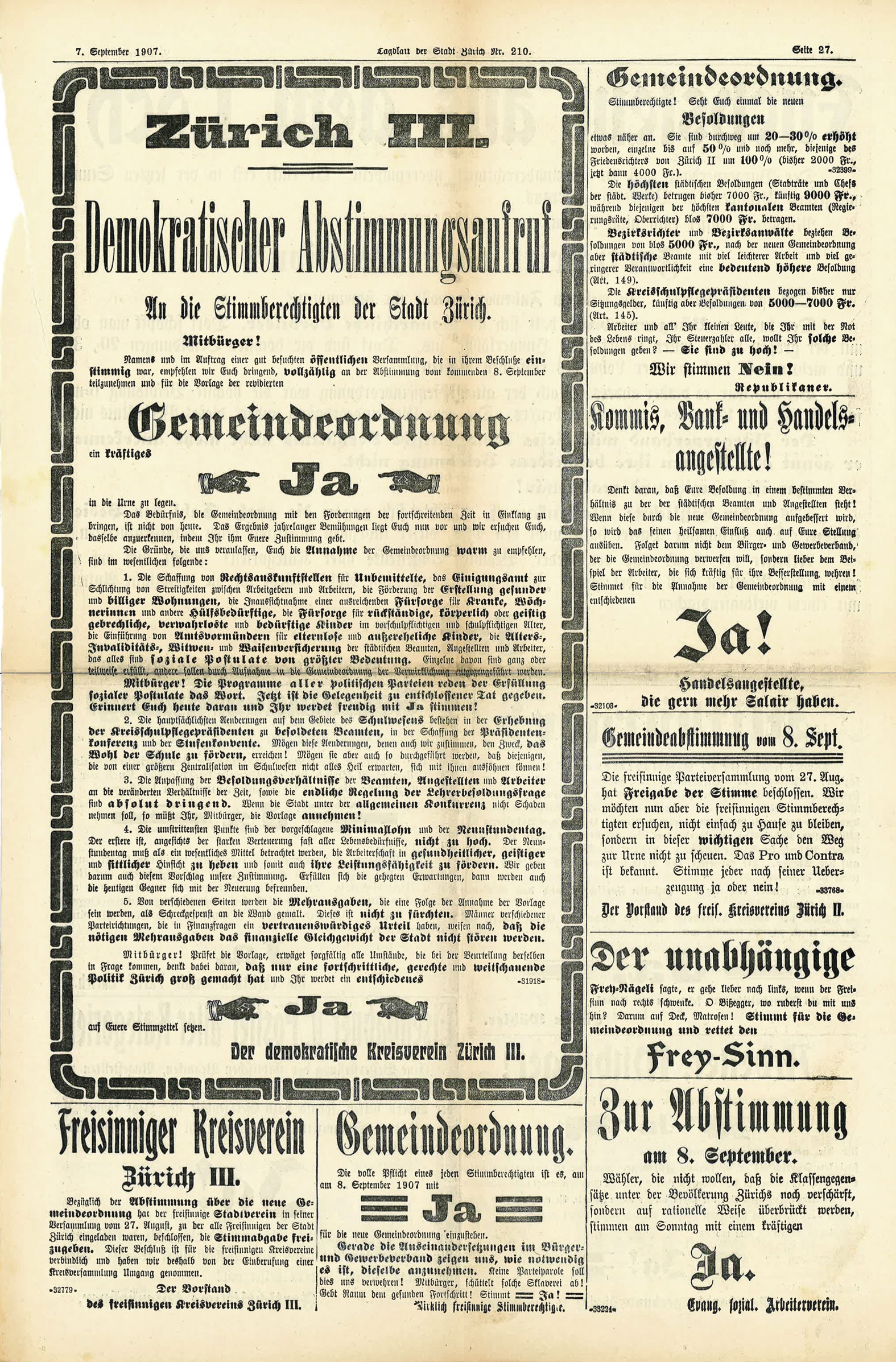
Source: Schweizerisches Sozialarchiv (Ar 32.90.5)
In 1896, a civic organization commissioned the first inquiry on the sanitary conditions of industrial workers’ housing. The study paved the way for the City of Zurich to define housing as a public-sector responsibility in its 1907 charter revision. An advertisement in the Tagblatt der Stadt Zürich called for voters in the city to approve the revision in a mandatory referendum. The revised charter was the first to define housing as a matter of public concern and as worthy of public-sector support.

Photo: Wilhelm Gallas/Baugeschichtliches Archiv der Stadt Zürich
Even though it was a nonbelligerent, Switzerland experienced hunger, rampant inflation, a flu epidemic and a severe lack of housing in the aftermath of World War One. By official count, in 1919 only 20 apartments in Zurich were vacant out of a total of 47 000. These conditions contributed to a nationwide general strike. The emergency measures approved in response—federal subsidies for nonprofit housing in 1918 (loans and grants), the establishment of the Swiss Housing Federation in 1919 and the 1924 municipal ruling to lower cooperatives’ equity requirements from 10 percent to 6 percent—had lasting impacts at the municipal and national levels.
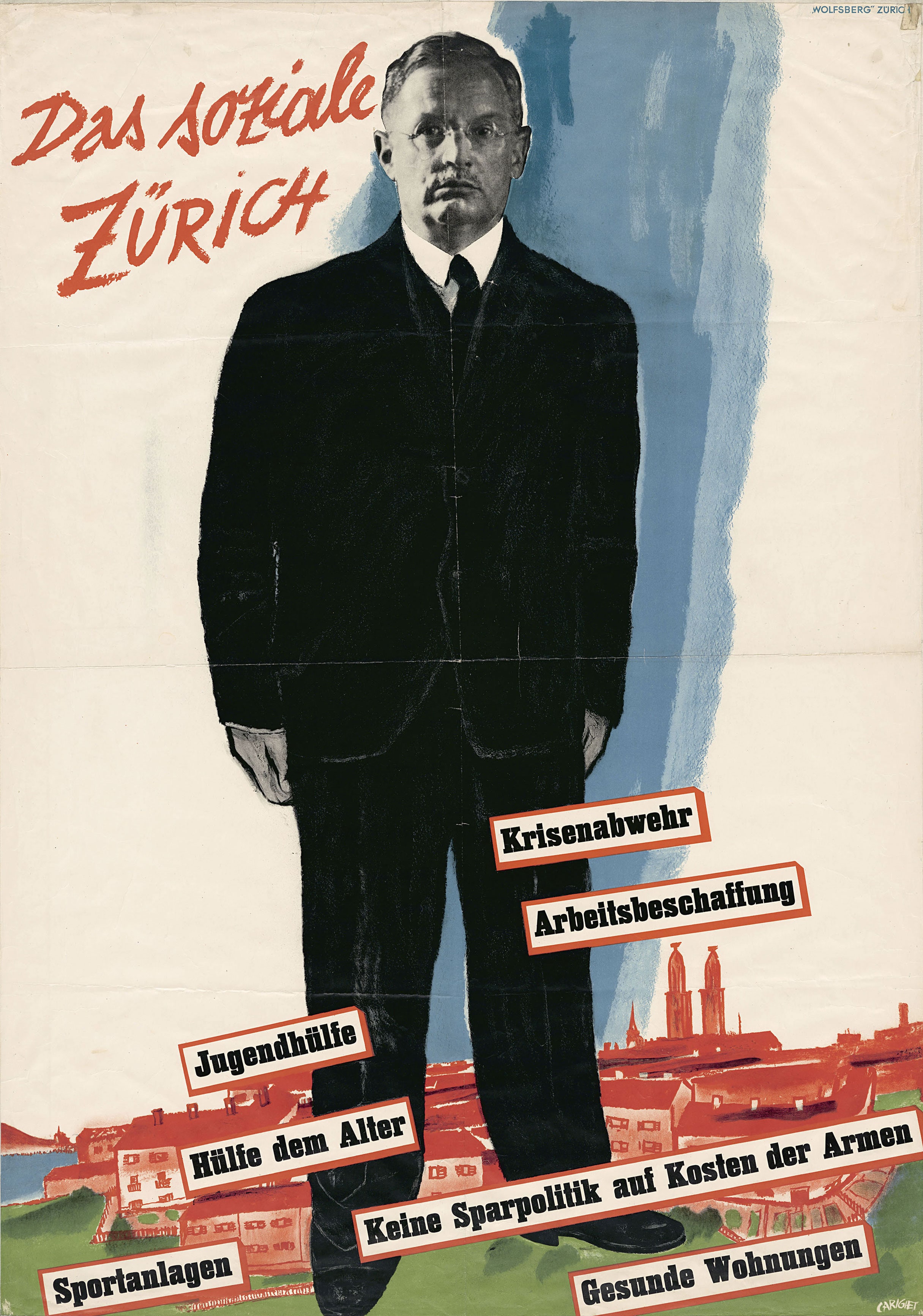
Source: Schweizerisches Sozialarchiv (F Pe-0910)
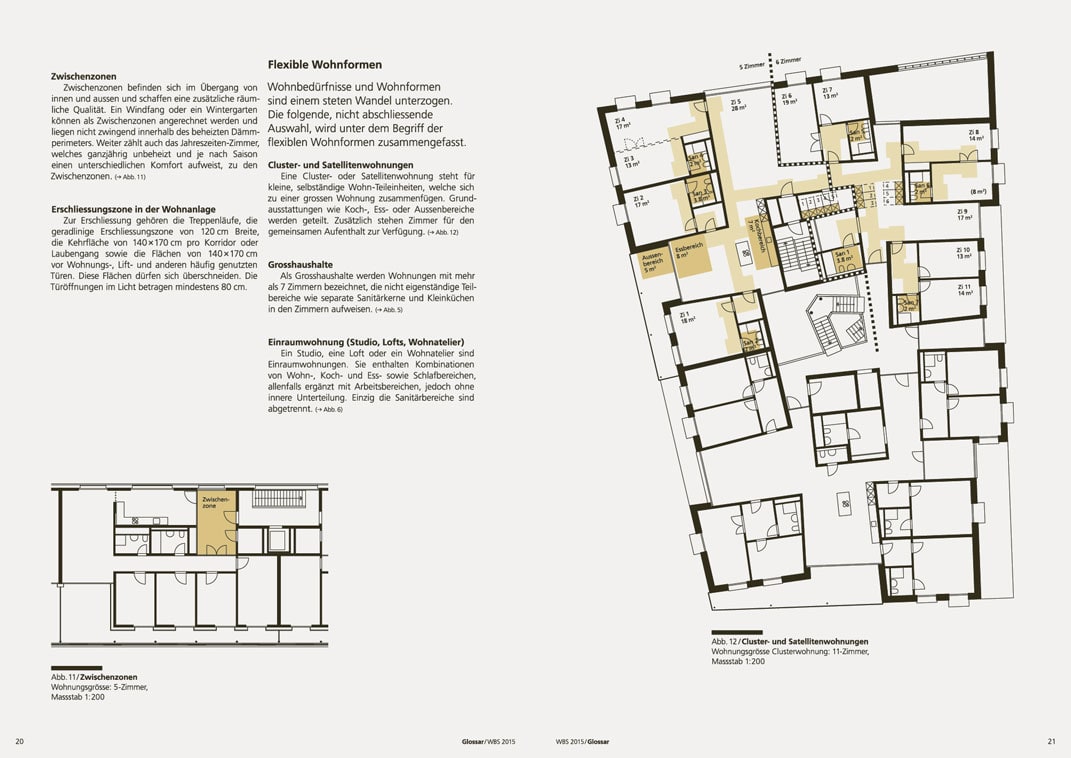
Photo: BWO, Wohnbauten planen, beurteilen und vergleichen. Wohnungs-Bewertungs-System. Grenchen, 2015
The 2015 Wohnungs-Bewertungs-System (Housing Evaluation System, WBS) chose the “cluster” typology designed by Duplex Architekten for Hunziker Areal in Zurich as exemplary of flexible living forms. The plan organizes five one- and two-room-apartments, each with an individual bath and kitchenette, around generous shared spaces.

Source: twitter.com/Wohninitiative
The initiative asked voters whether all municipalities in Switzerland should be required to guarantee a certain percentage of nonprofit housing. Slogans for the initiative included, “Stop Speculators,” and slogans against included, “No to the Nationalization of the Housing Market.” The initiative was rejected by 57 percent of voters.
Research: Gina Rauschtenberger, Alexia Zeller


